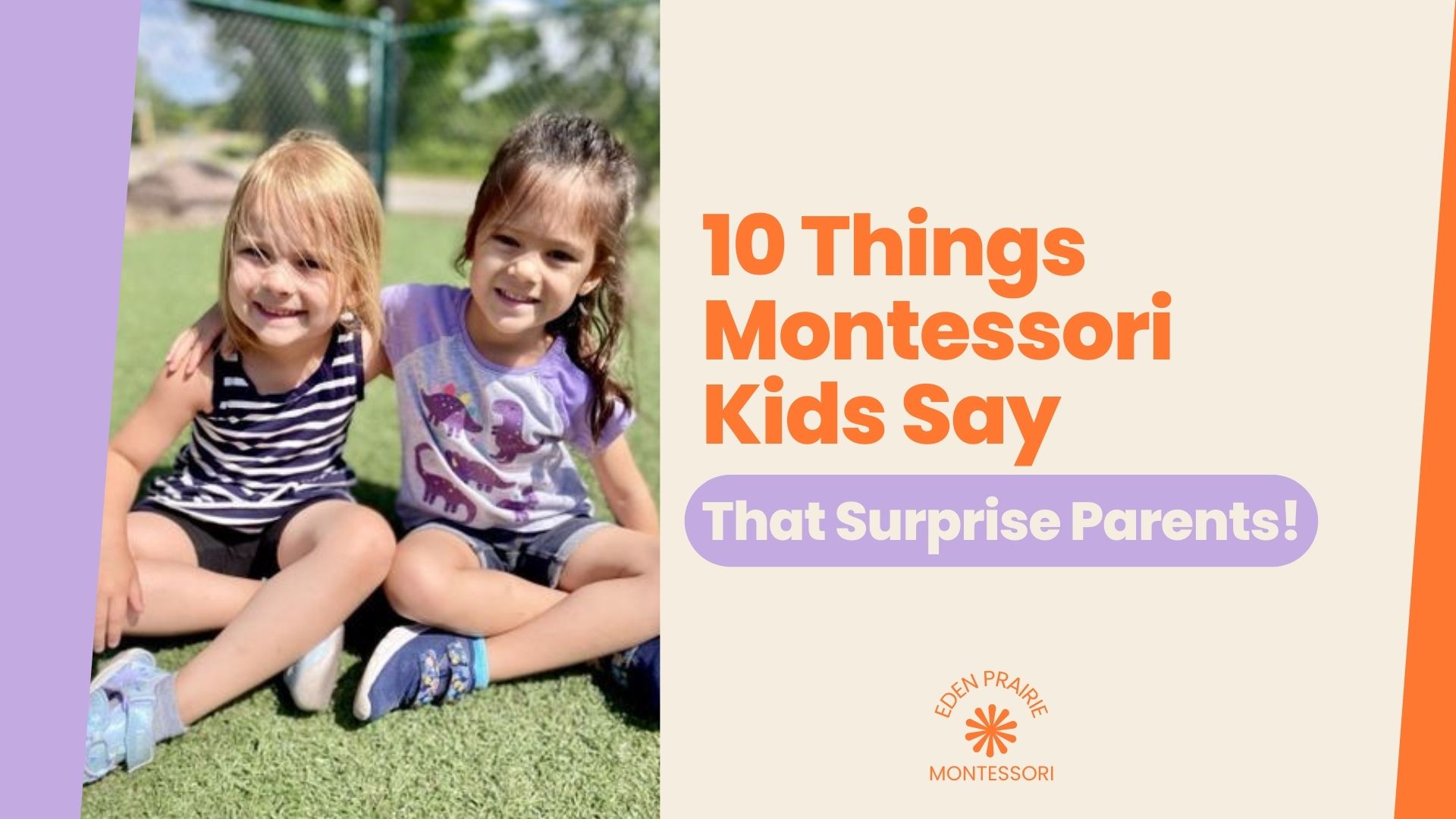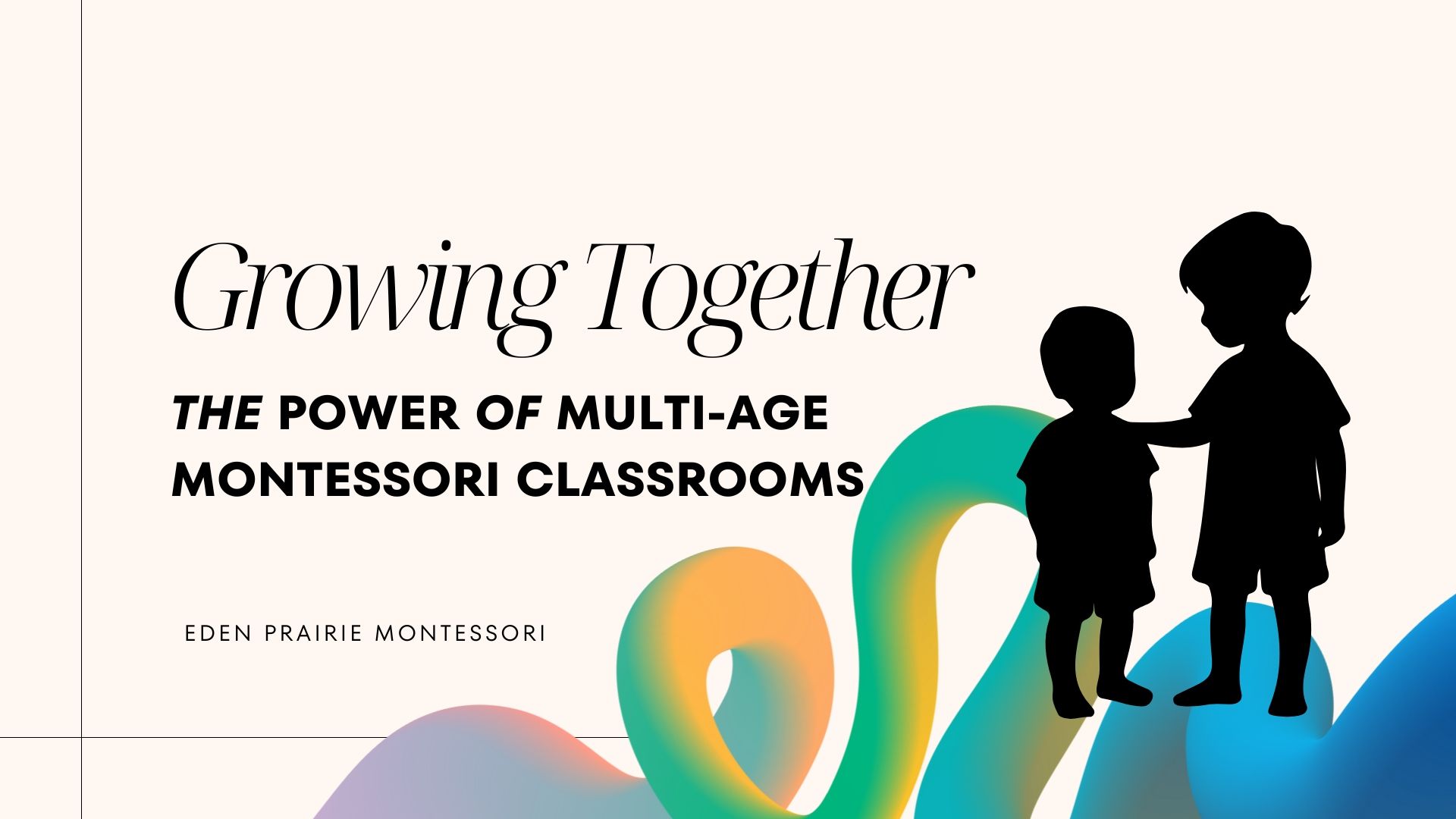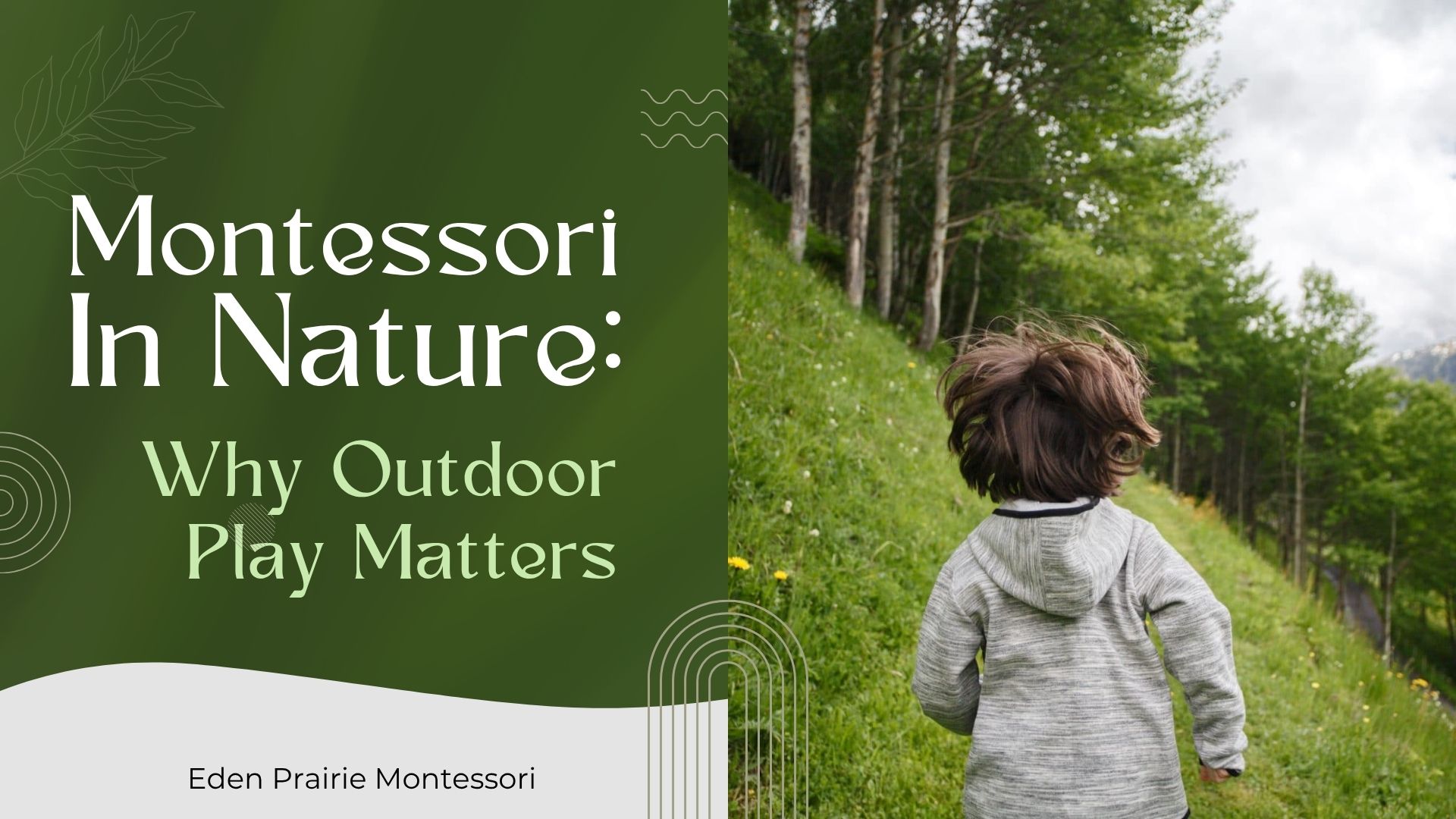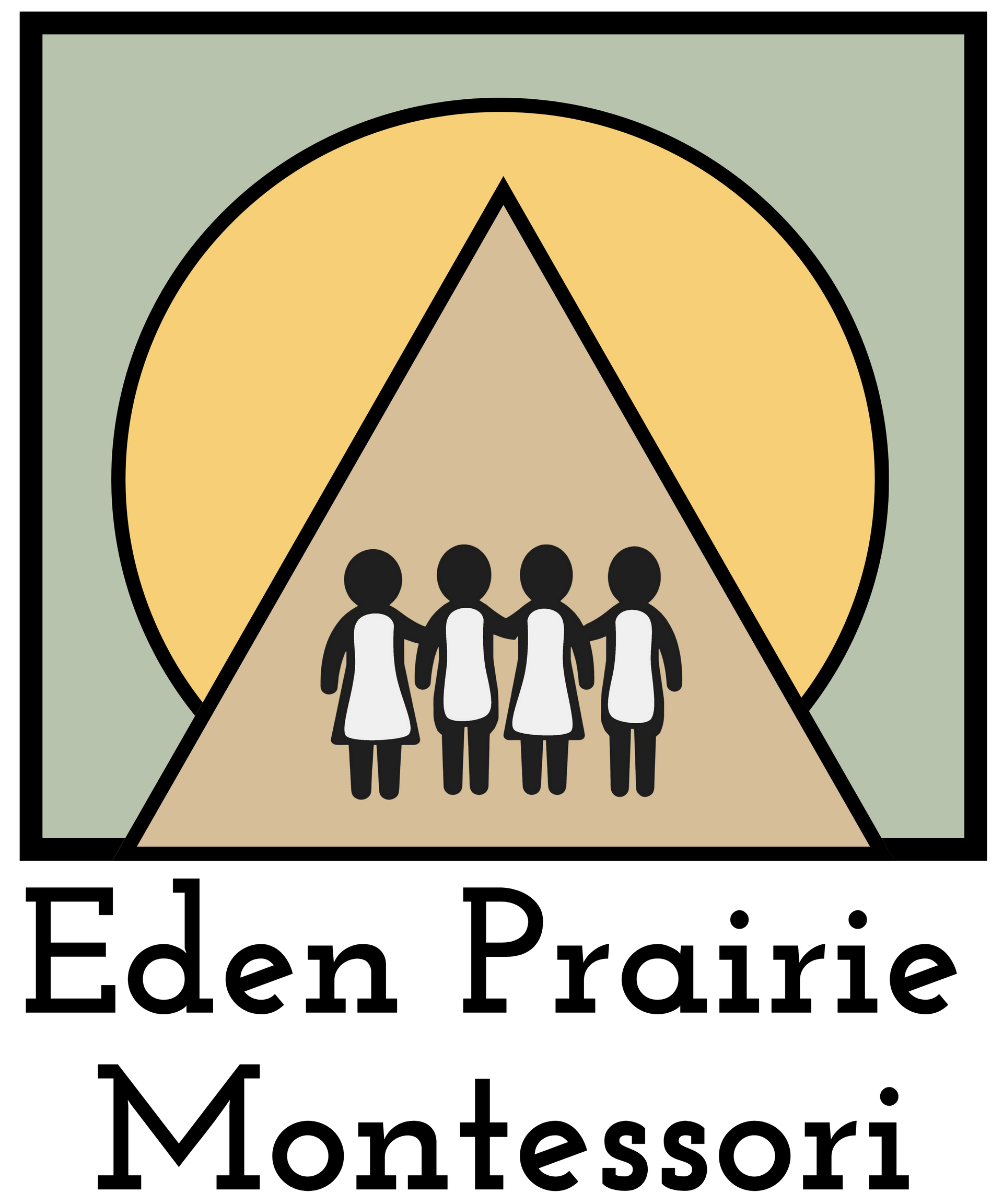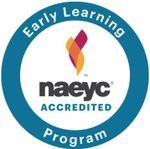Eden Prairie Montessori Learning Blogs
Teaching Thankfulness
The holidays are full of hustle and bustle, running errands, buying gifts, baking, hosting family and friends…the list goes on. During all of the chaos, your children are watching and taking everything in. It’s the perfect time to teach them about being thankful. What exactly does it mean to be truly thankful and how do you teach that to a preschooler? We’ve broken it down into five simple topics and how to discuss them with your toddler.
It’s important to be thankful all year round, but taking advantage of instilling those beliefs and thought patterns this time of year is opportune. There is so much to be thankful for. Talking about the little things that we see and take advantage of each day is a great start. Each night before bed list three things you are grateful for that day. Topics can range from a yummy lunch, a warm car to drive in, a play-date, or a new book. Explain to your child that we need to look at life with a thankful heart, even when our days may not go our way. There will ALWAYS be something to be thankful for. If you have older children who have learned to read & write, now would be a great time to start journaling. Writing down all the things you’re grateful for is a powerful and meaningful practice to start young.
Instead of talking about Christmas gifts for them & what they want this year, talk about those who are less fortunate than you. Visit a local store that does a giving tree and have each child choose an ornament with a child’s age and needs on the list to shop for. Remind them to imagine if they were that child. What would THEY be grateful to receive for Christmas? For those of you with preschoolers and toddlers who may not be able to fully comprehend the idea of what’s happening, that’s ok! Let them still take part and make it a tradition you do each year as they grow older.
Being able to say you are thankful is something that should be second nature. To help ensure your child understands its importance, help prompt a verbal “thank you” and an explanation of why you’re grateful and when to relay it out loud. Watching you express gratitude to your friends, strangers who bag your groceries, gas station attendants, or the UPS driver, will help set a good example that saying “thank you” when someone is helpful and kind is substantial. Cue your child to write a thank you card when they receive a gift from a loved one or a kind gesture from a sibling. They will continue to grasp the meaning of being truly appreciative. Indicate the reason for the gift, “Aunt Mary gave you that scarf because she knew you loved to play outside in the snow and wanted you to keep warm. Wasn’t that a kind gesture?”
Children like to feel helpful. Putting your preschooler in charge of a simple task will build their confidence and sense of competency. Assign a chore to set the Thanksgiving table. A child who is entrusted to assist with important family responsibilities will soon find they enjoy serving others. Be sure the task you assign is manageable and that it’s real work, not busy work since even preschoolers know the difference. The goal is to make your child feel like a capable, contributing member of the family. It’s always fun to sing and dance while doing chores or helping a friend.
Sung to: “Row, row, row your boat”
I’m thankful for my friends and for my family.
I’m thankful for the food I eat –
I’m happy to be me!
“Play is the work of the child” Maria Montessori. We all want our children to develop thankful hearts and believe that the best way for them to learn is through play. Introduce a game or two that teaches gratitude. Some great ideas include:
Do not stress out if your toddler doesn’t thank you after you help them with something, they are still learning and with consistency and a willing heart, they will be grateful for your patience and dedication in their childhood development.
As educators and parents, it’s our main goal to help each child become a self-assured, independent, life-long learner. We are here to help assist and guide you, setting your child up for long-term success. Continue to teach regularly at home through communication, reading, music & by example. We are thankful for you and all you do.
Contact us to schedule a tour and learn more about the Montessori difference. At Eden Prairie Montessori Learning Center, we’ve been carefully guiding children for over 20 years.
To learn more about our childcare center in Eden Prairie and programs, contact us at (952) 944-8466.
The post Teaching Thankfulness appeared first on Eden Prairie Montessori.



